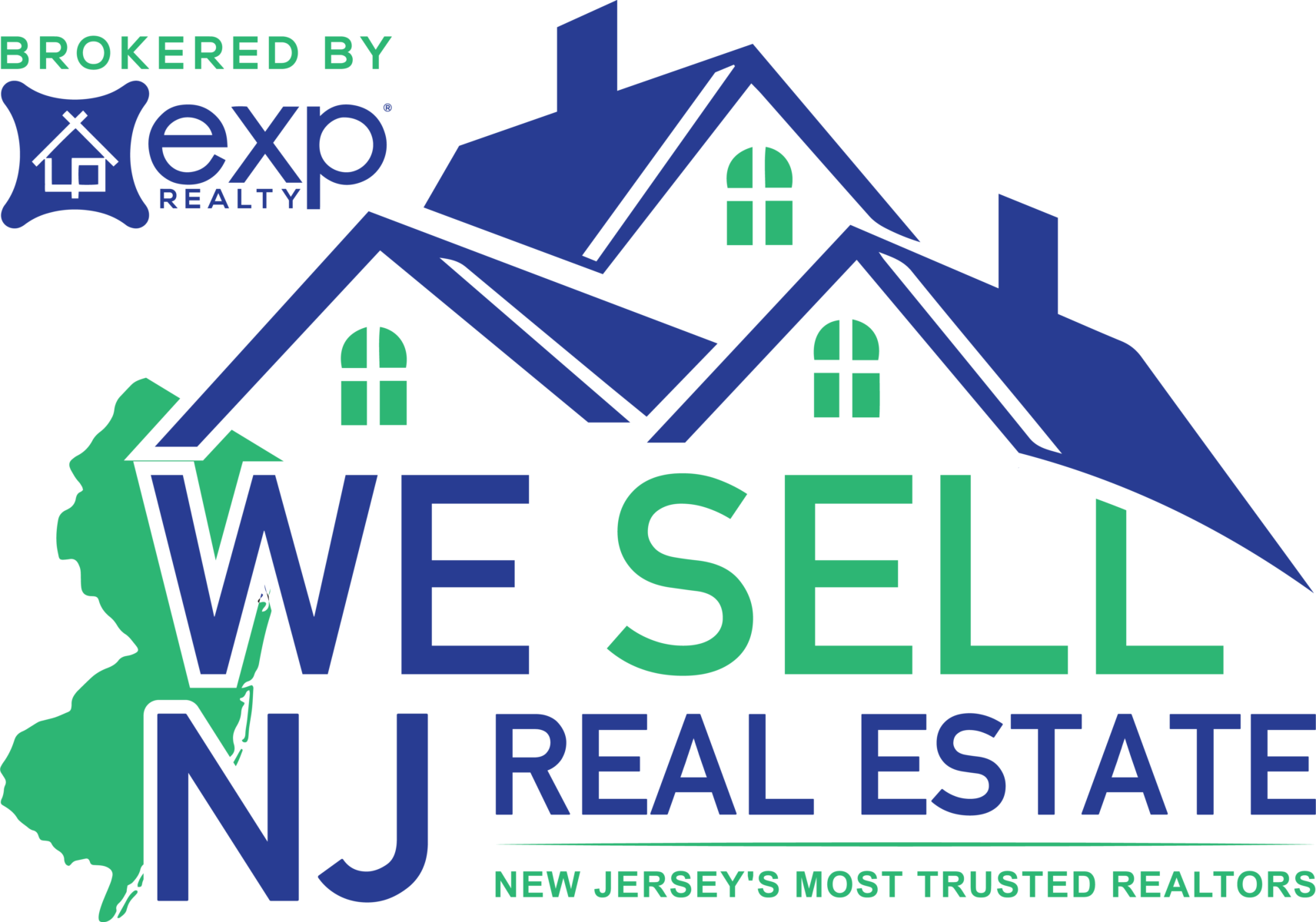
Are you a veteran thinking of taking advantage of the VA loan program to buy a home? Well, congratulations! You do need to be aware, though, that the process of buying a home can be a little bit different for veterans, particularly if you plan to get a VA loan. But, on the other hand, many things remain the same, such as the necessity of having a good agent in your corner. So if you’re a veteran, check out this veteran’s guide to buying a home in New Jersey.
Overview of VA Loans
First, veterans buying a home in New Jersey need to understand a little about VA loans. A VA loan is a different form a standard mortgage loan and can be more than a little confusing.
One top real estate site explains this way: “Most veterans are eligible for a VA loan, which is provided by private lenders but backed by the U.S. Department of Veterans Affairs. Like any homebuyer, veterans eligible for the VA home loan program should shop around to different lenders to find the best mortgage for their needs.”
The benefits of VA loans include:
- Zero down payment
- Looser credit requirements
- No private mortgage insurance required
- No cap after January 1, 2020
VA loans do, however, require that you pay funding fees, which are not typically included in other mortgages. In addition, experts advise that you learn “the basics of a VA loan and how to properly use your military benefits . . . To better understand how to maximize the use of your benefits, speak with a qualified mortgage lender.”
It’s also a good idea to discuss this with your local real estate agent. To discover more, call (855) 932-8987.
Other Lending Options
A VA loan should probably always be the first option for veterans buying a home in New Jersey to consider. Still, you should explore all the lending options to find the best fit for you and your particular circumstances.
Some viable mortgage loan options are:
- USDA loans – “If you’re looking to buy a home in a non-urban area of the US, you may qualify for a zero-down loan backed by the U.S. Department of Agriculture. USDA loans allow buyers to secure these mortgages as long as the property is within a qualified area.” If you can’t qualify for a VA loan income-wise, then a USDA loan may be a viable option.
- FHA loans – FHA loans are similar to VA loans in that they don’t require great credit or a large down payment (although the cost savings of FHA loans can’t beat those of VA loans). Still, if your credit score is too low (say, in the 500s) to qualify for a VA loan, you still may qualify for an FHA loan.
- Conventional Loans – And don’t forget to take a look at conventional mortgage loans. Yes, they have more rigorous credit and financial, as well as higher down payment, requirements, but this can ultimately work to your benefit. Stricter requirements often mean a better rate, and that combined with a higher down payment can mean paying off your home sooner and at less cost over the long haul.
Importance of Credit
It is true that VA loans have more lenient credit requirements than traditional mortgages. But that doesn’t mean you can’t pay any attention at all to your credit score and credit history – because it still matters.
According to industry experts, veterans who are thinking about buying a home in New Jersey “do need a credit history of some sort with more positive than negative indicators. Check your score regularly to ensure your current actions are building and not hurting your credit.”
Employment Stability
You will also need a decent employment history. Qualifying for a VA loan (or any other mortgage loan) will require current employment, job stability, and sufficient income.
This means that you need to keep your employment stable/consistent both prior to and during the home buying process. Lots of jobs or gaps in your employment history are red flags for lenders. In particular, if you’re buying a home in New Jersey, don’t change jobs during the process. Remember: even a VA loan isn’t guaranteed until the transaction is finalized at closing.
Closing Costs
And don’t forget to factor in closing costs – which veterans buying a New Jersey home (unfortunately) often do. Although VA loans typically involve limited closing costs, there are still closing costs.
Veterans still, experts warn, have to “pay for a credit report, appraisal, title insurance, recording fees, and a survey. Over the life of the loan, there may be other recurring charges that the veteran will be responsible for, such as hazard insurance. Keep in mind that the types of fees and their amounts vary greatly by state. Your lender should provide you with a loan estimate, which outlines the exact fees you’ll need to pay at closing. You can also negotiate these costs, and the seller may pay for some of them.”
Benefits of Having a Good Agent
No veteran’s guide to buying a home in New Jersey would be complete without a mention of the benefits of having a good local real estate agent in your corner. But you do need to make sure your agent has experience with veterans and VA loan purchases. A good agent who understands the buying process for veterans can help you navigate all the intricacies and complexities and ultimately help you get a better deal. Find out today how our experienced agents can help you, as a veteran, purchase your home.
